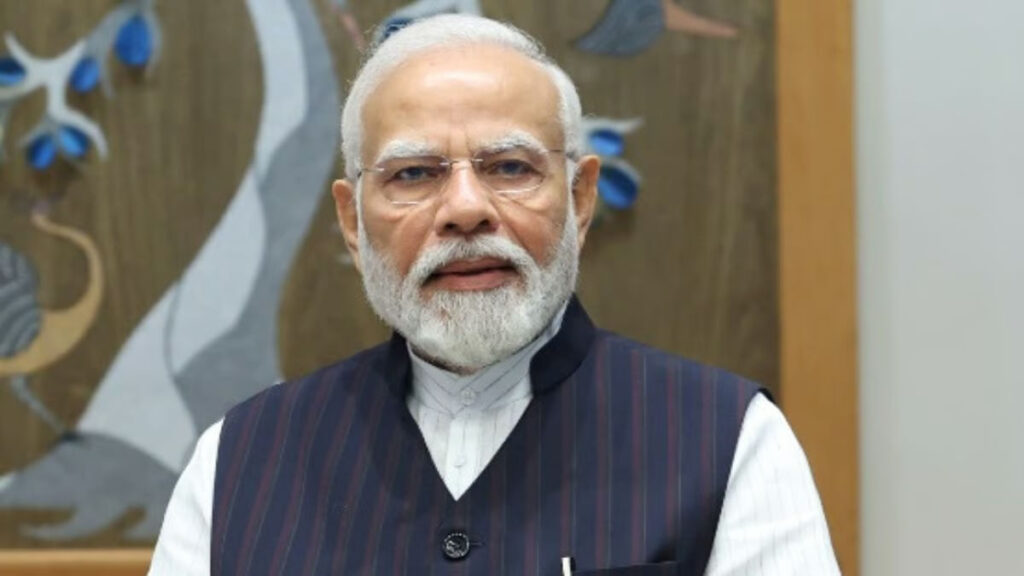On Saturday, Prime Minister Narendra Modi is set to inaugurate a two-day National Conference on the District Judiciary, an important event organized by the Supreme Court at Bharat Mandapam in New Delhi. This conference marks the celebration of 75 years since the establishment of the Supreme Court, and during the inauguration, PM Modi will also release commemorative postage stamps and coins.
Overview of the National Conference
Under the leadership of Chief Justice of India (CJI) D.Y. Chandrachud, this national conference will focus on various pressing issues related to the district judiciary. A total of six sessions will be held over the two days, aimed at discussing challenges, improvements, and innovations within the judicial system. The closing ceremony on September 1st will feature an address by President Draupadi Murmu, who will also unveil the Supreme Court’s flag and emblem.
Key Participants in the Inaugural Ceremony
The inauguration of this vital conference will see the presence of numerous dignitaries, including:
- Central Law Minister (Independent Charge) Arjun Ram Meghwal
- Sitting judges of the Supreme Court
- Attorney General R. Venkataramani
- President of the Supreme Court Bar Association Kapil Sibal
- Chairman of the Bar Council of India
Participation and Discussion Topics
This conference will witness participation from over 800 delegates representing the district judiciary from various states and union territories across India. The topics to be discussed encompass a wide range of relevant issues, including:
Key Issues Addressed During the Conference
| Day | Focus Areas |
|---|---|
| Day 1 |
|
| Day 2 |
|
Expected Outcomes of the Conference
The National Conference on the District Judiciary aims not just to analyze existing issues but also to lay down actionable strategies that can enhance the functionality and efficiency of the district judiciary in India. Discussions will revolve around innovative judicial practices, the importance of infrastructural development, and fostering human resources to meet contemporary judicial challenges. Implementing these strategies can contribute to a more accessible and efficient judiciary for all citizens.
In conclusion, this conference represents a significant step towards bolstering the Indian judicial system, addressing the current concerns within the district judiciary, and ensuring justice is delivered effectively and equitably to all. It reaffirms the commitment of the government and the judiciary to improving legal accessibility and upholding the rule of law in the country.
